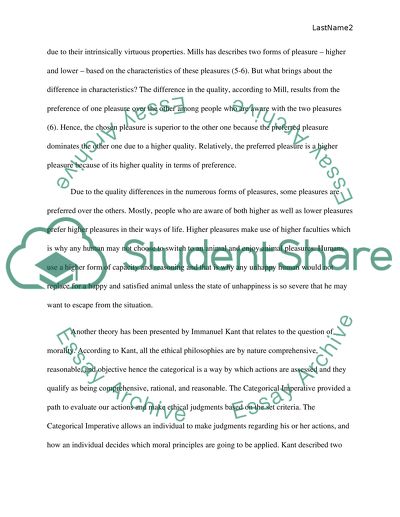Cite this document
(“Assignment Essay Example | Topics and Well Written Essays - 1250 words - 2”, n.d.)
Retrieved from https://studentshare.org/philosophy/1489234-assignment
Retrieved from https://studentshare.org/philosophy/1489234-assignment
(Assignment Essay Example | Topics and Well Written Essays - 1250 Words - 2)
https://studentshare.org/philosophy/1489234-assignment.
https://studentshare.org/philosophy/1489234-assignment.
“Assignment Essay Example | Topics and Well Written Essays - 1250 Words - 2”, n.d. https://studentshare.org/philosophy/1489234-assignment.


